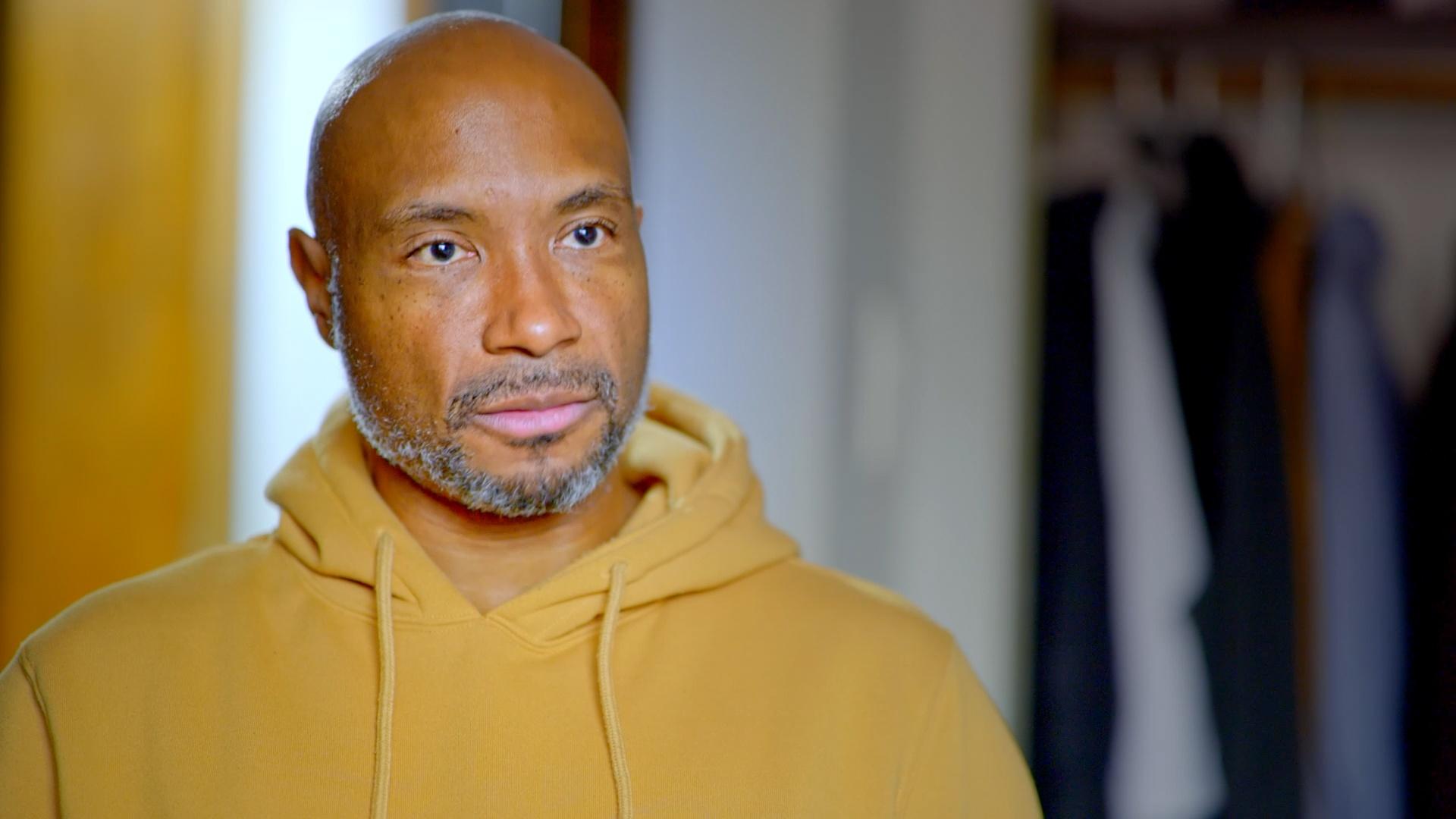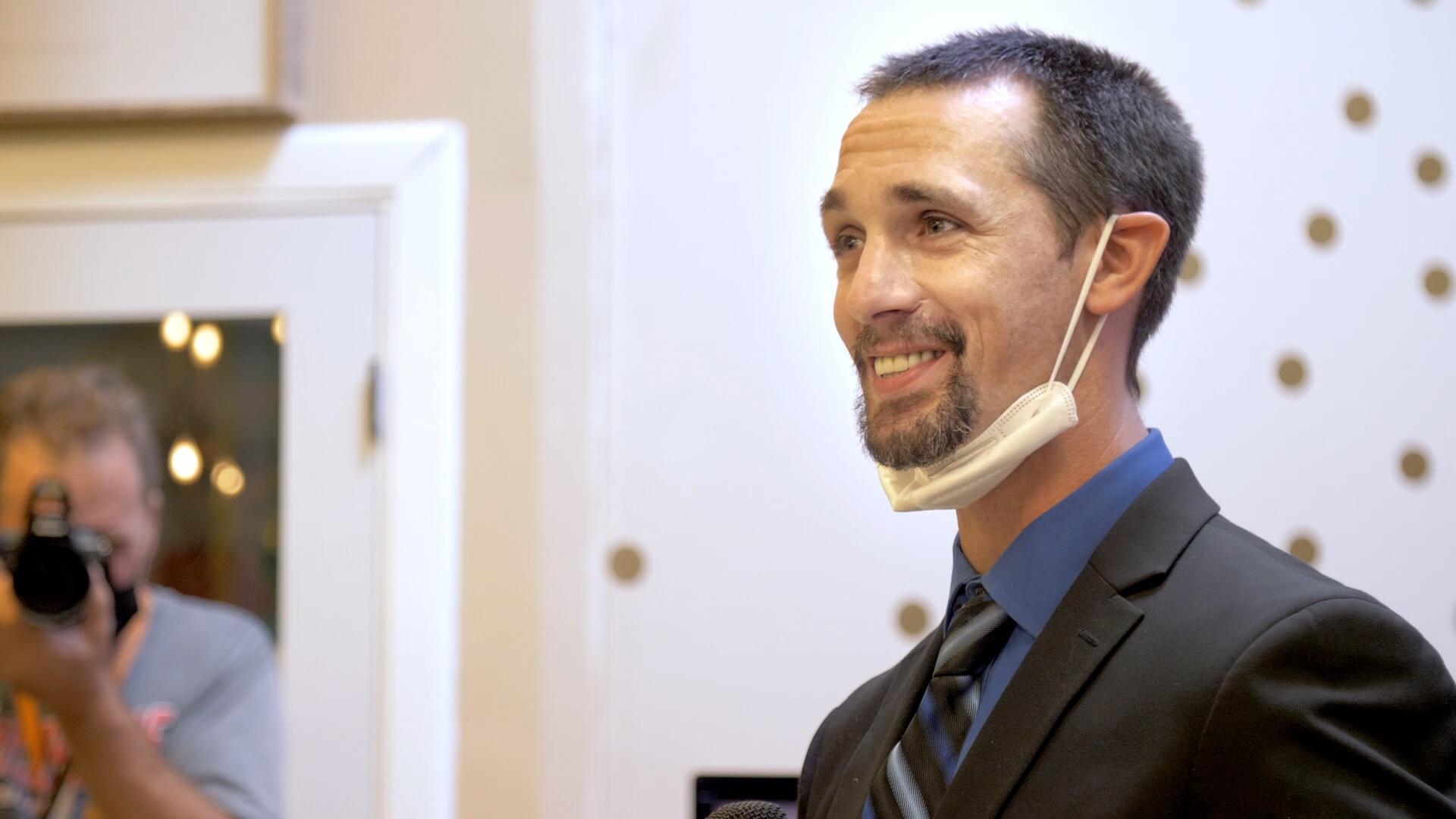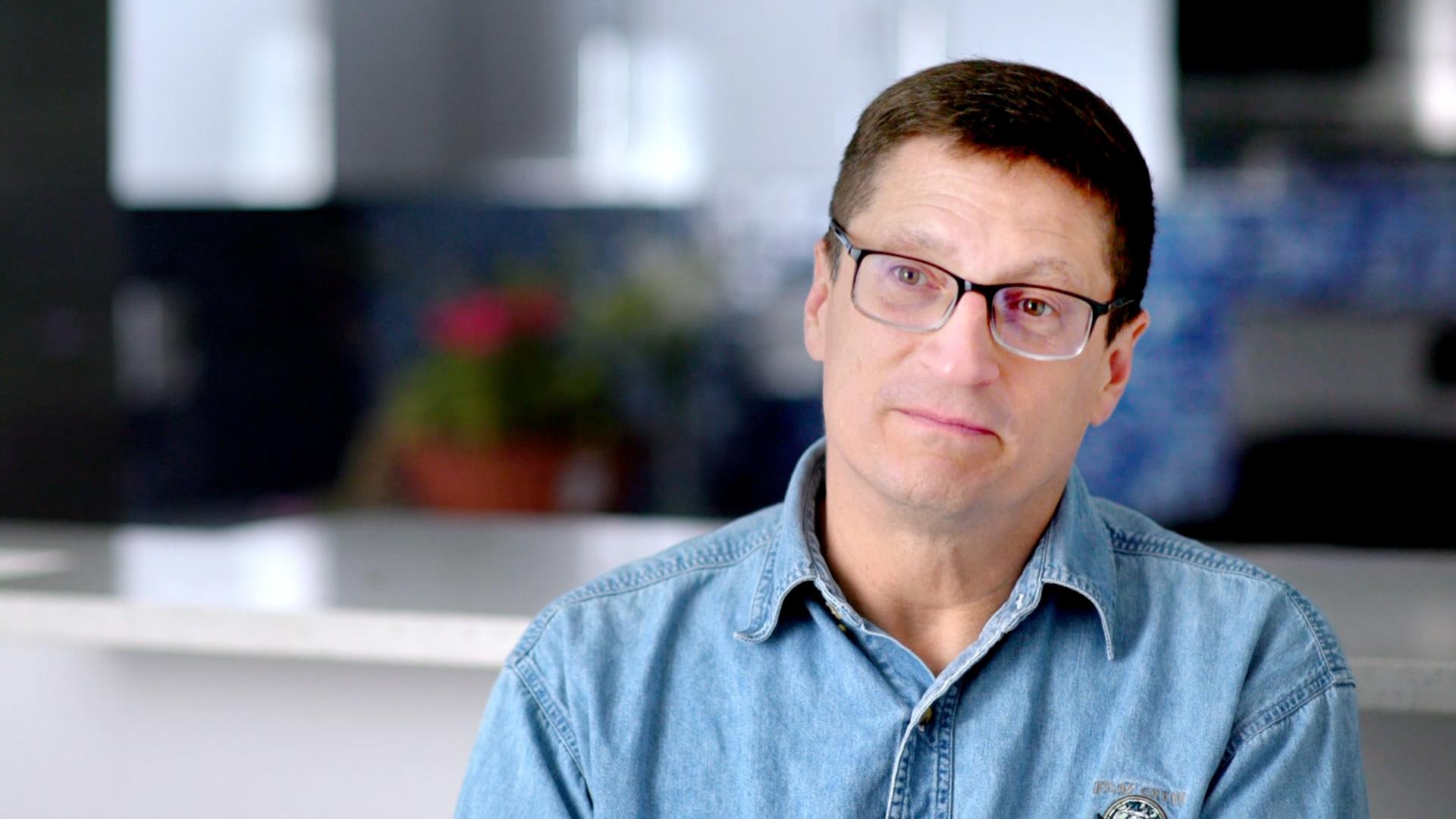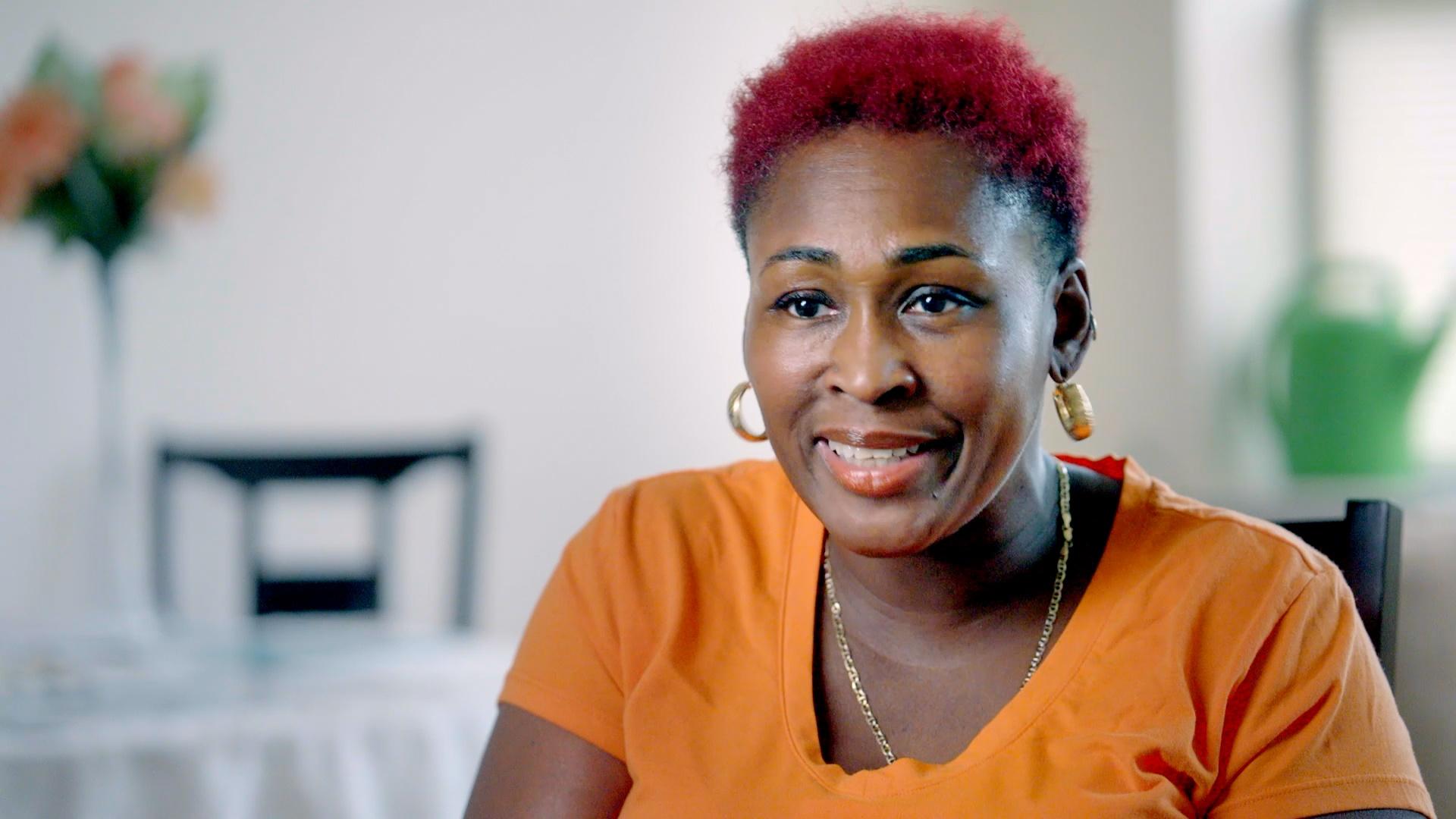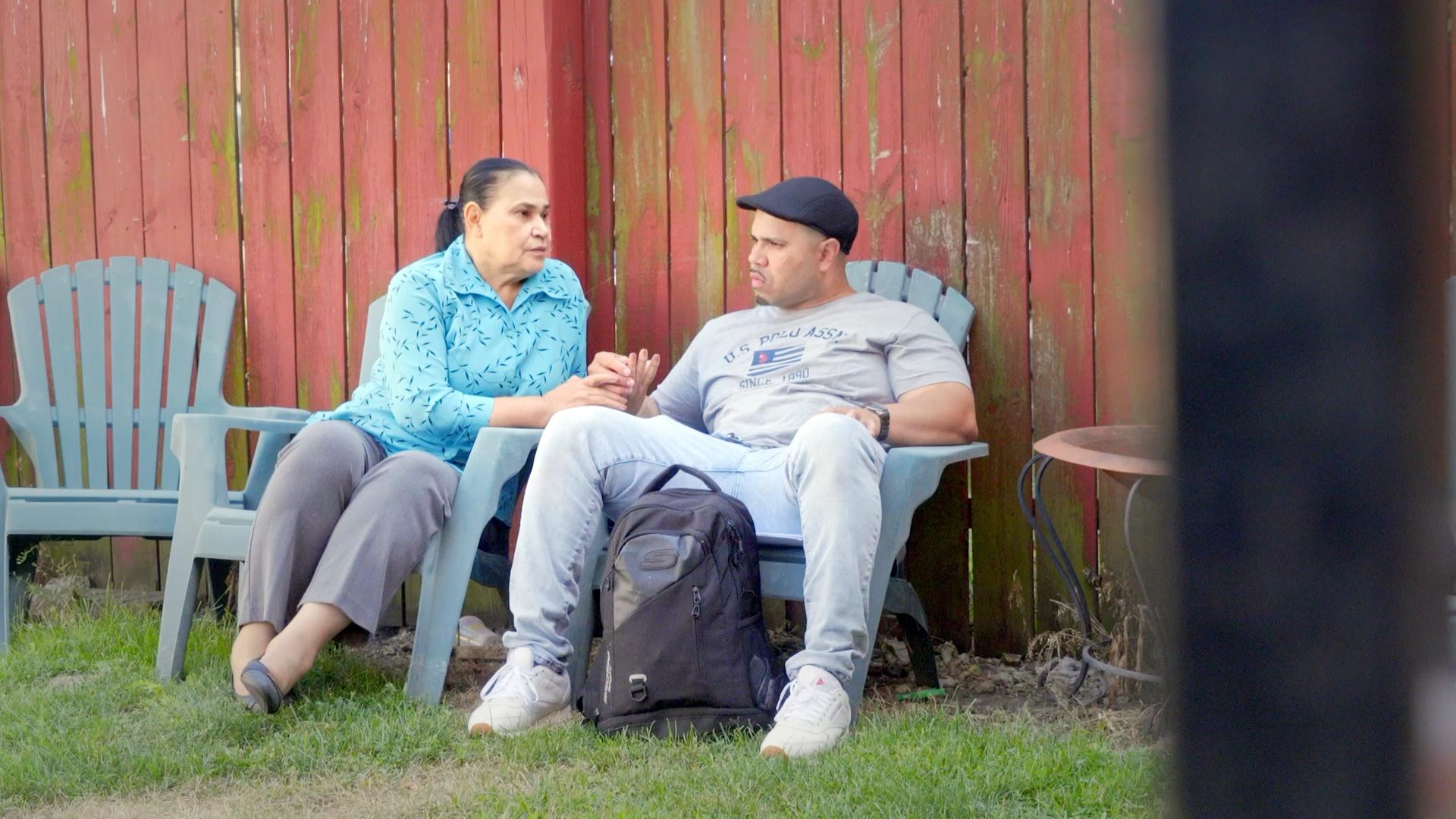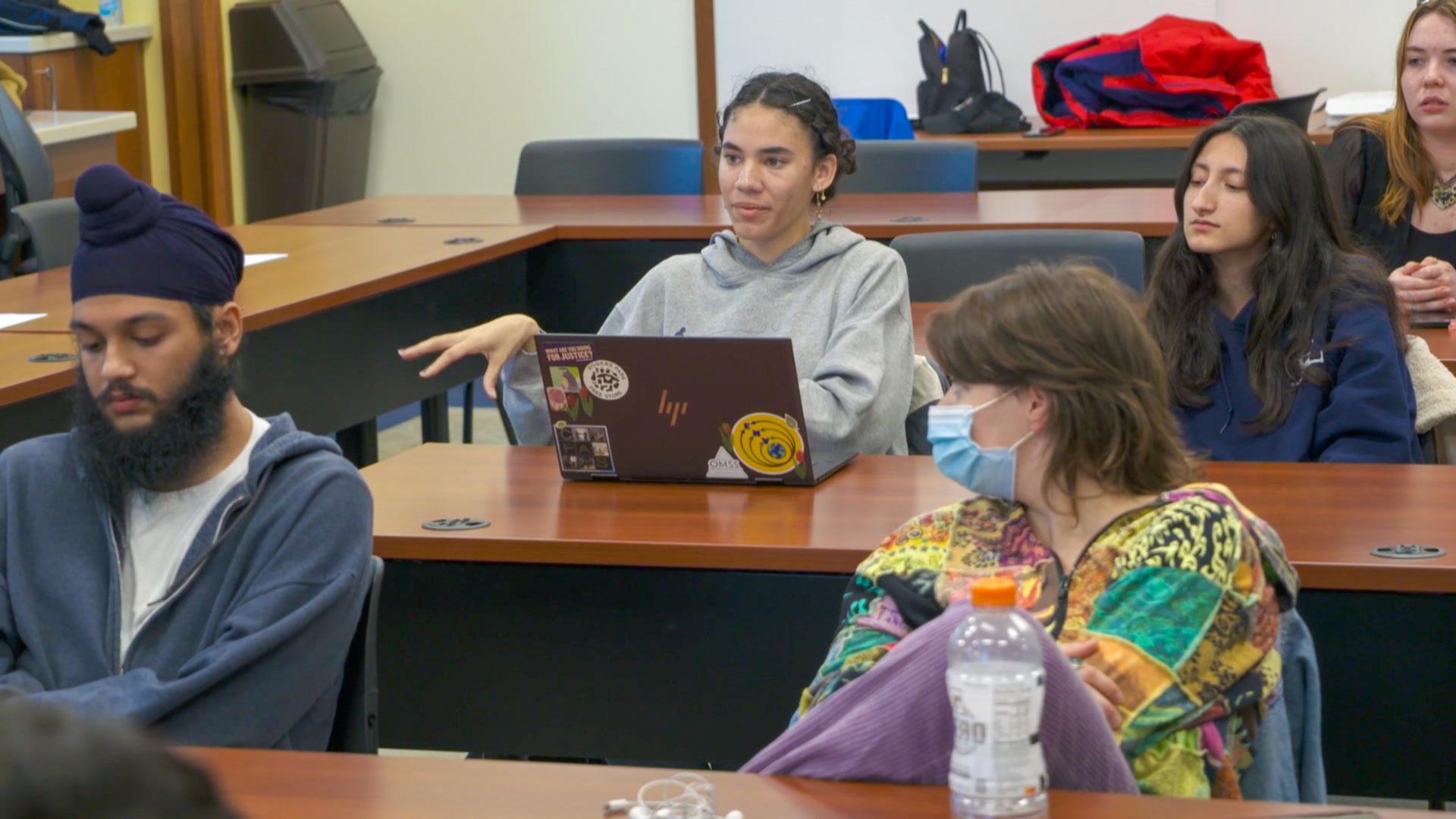Watch | FIRSTHAND: Life After Prison
Watch
Documentaries
Talks
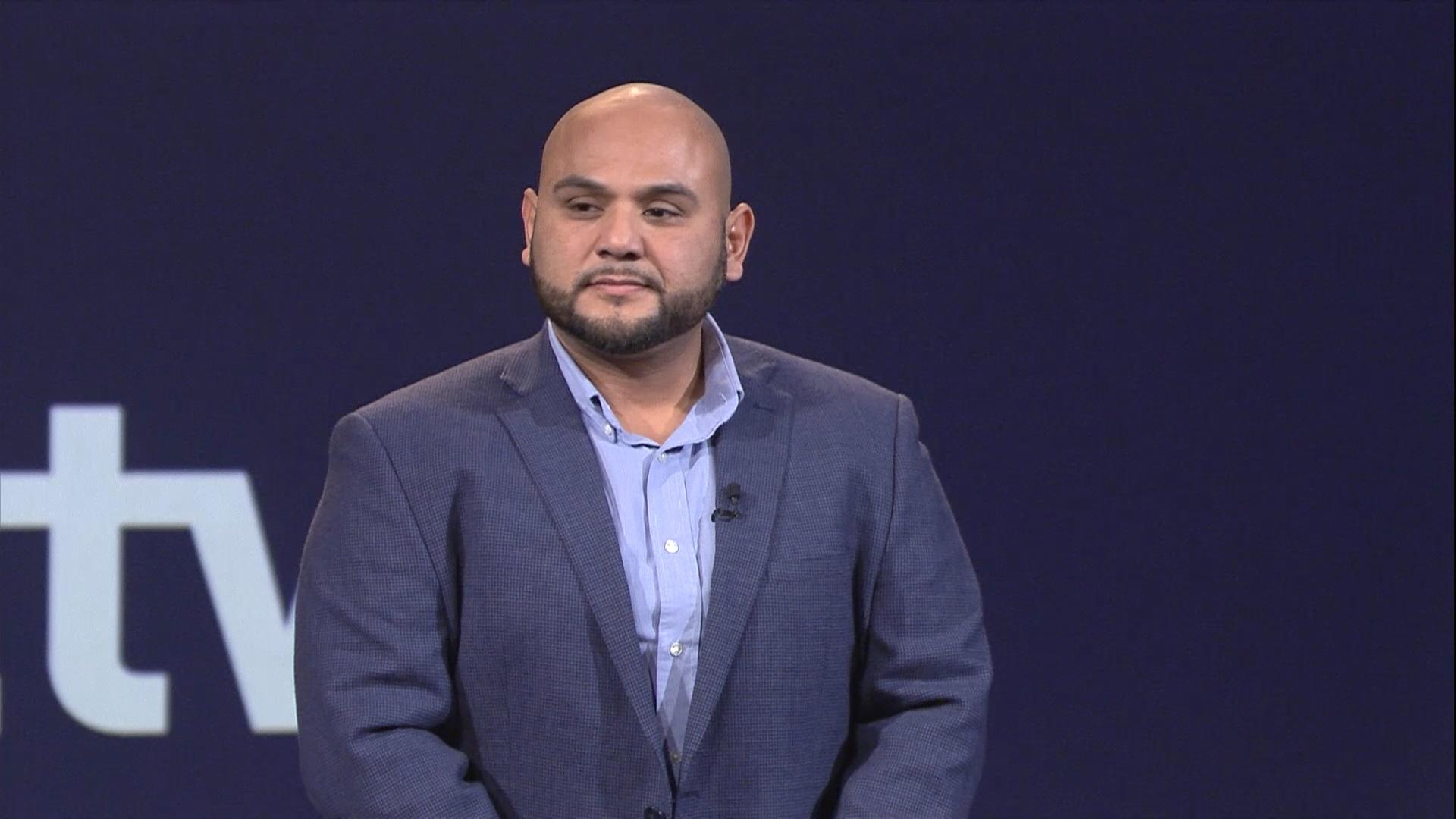
The Hurt, the Harm, and the Healing
Navigating life after incarceration without addressing trauma often leads people right back into the prison system. Orlando Mayorga describes how taking part in the trauma-informed Community Anti-Violence Education group supported him in learning about trauma, finding his healing journey, and rediscovering his humanity.
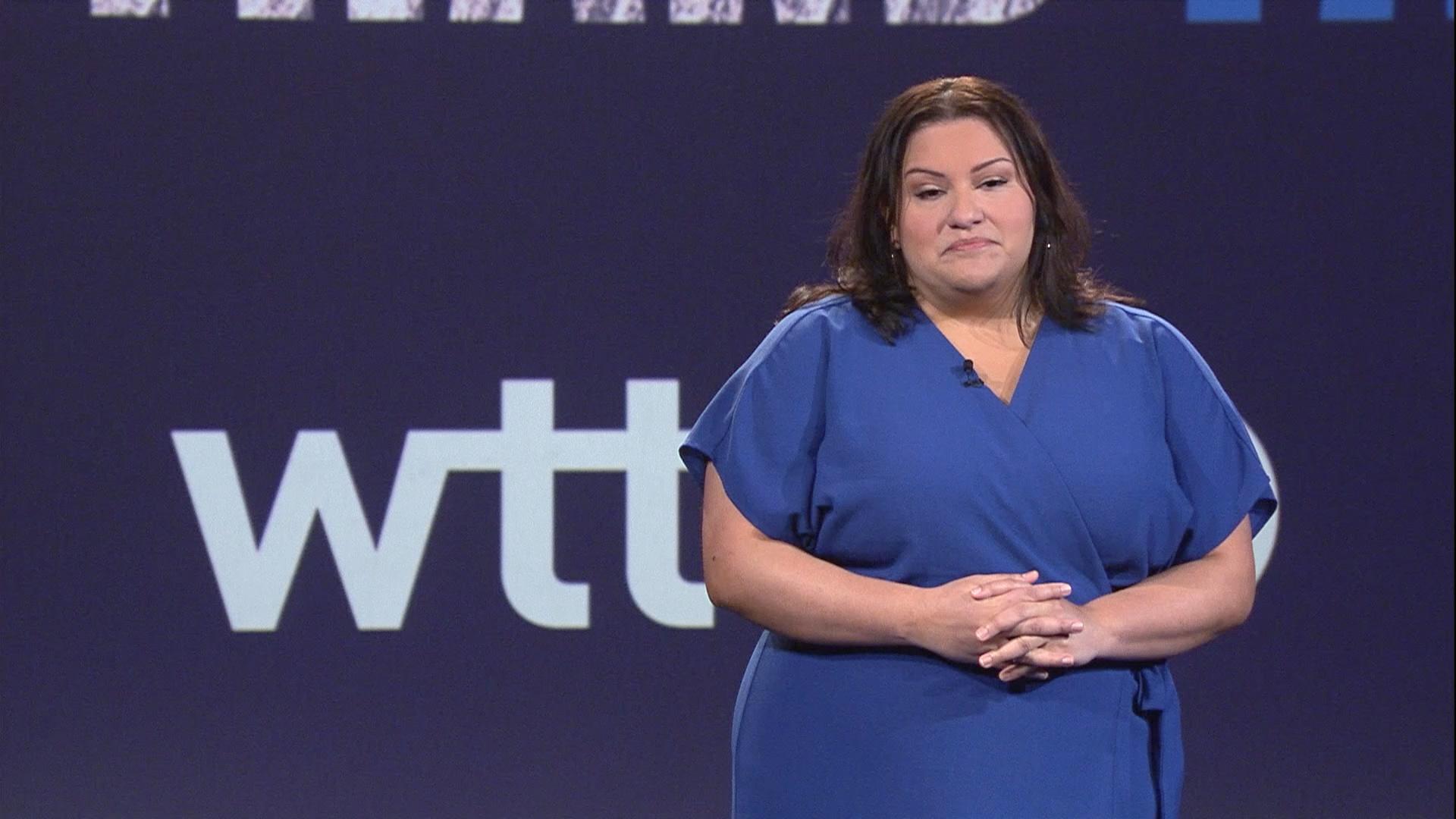
Untangling the Path to Erasing Criminal Records
Regina Hernandez explores the real-life hurdles of life with a criminal record, and unmasks the challenges of expunging and sealing criminal records in Cook County.
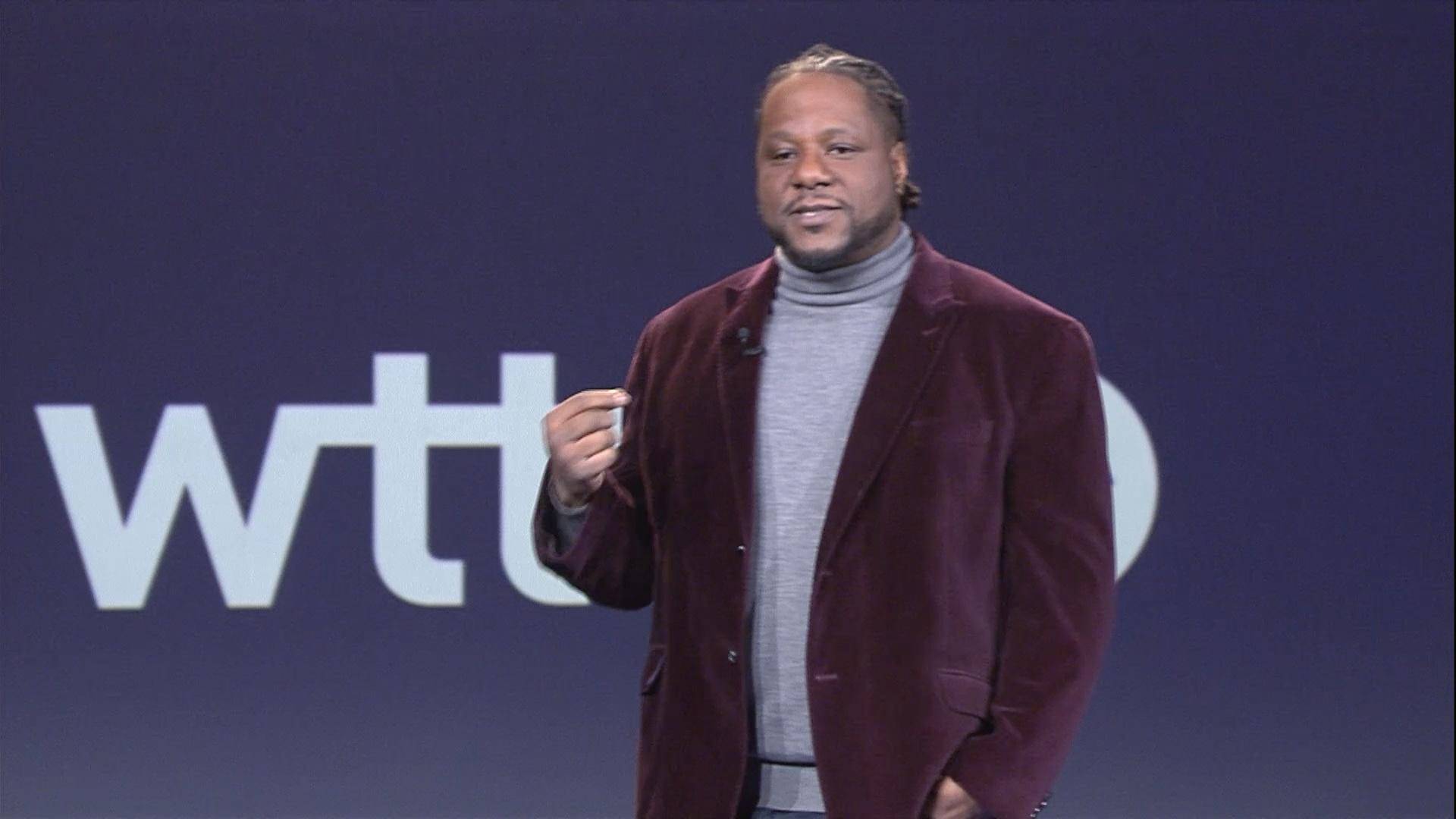
Prison After Prison
Marlon Chamberlain reveals the invisible bars called “permanent punishments” that follow people long after their prison sentences have been served.
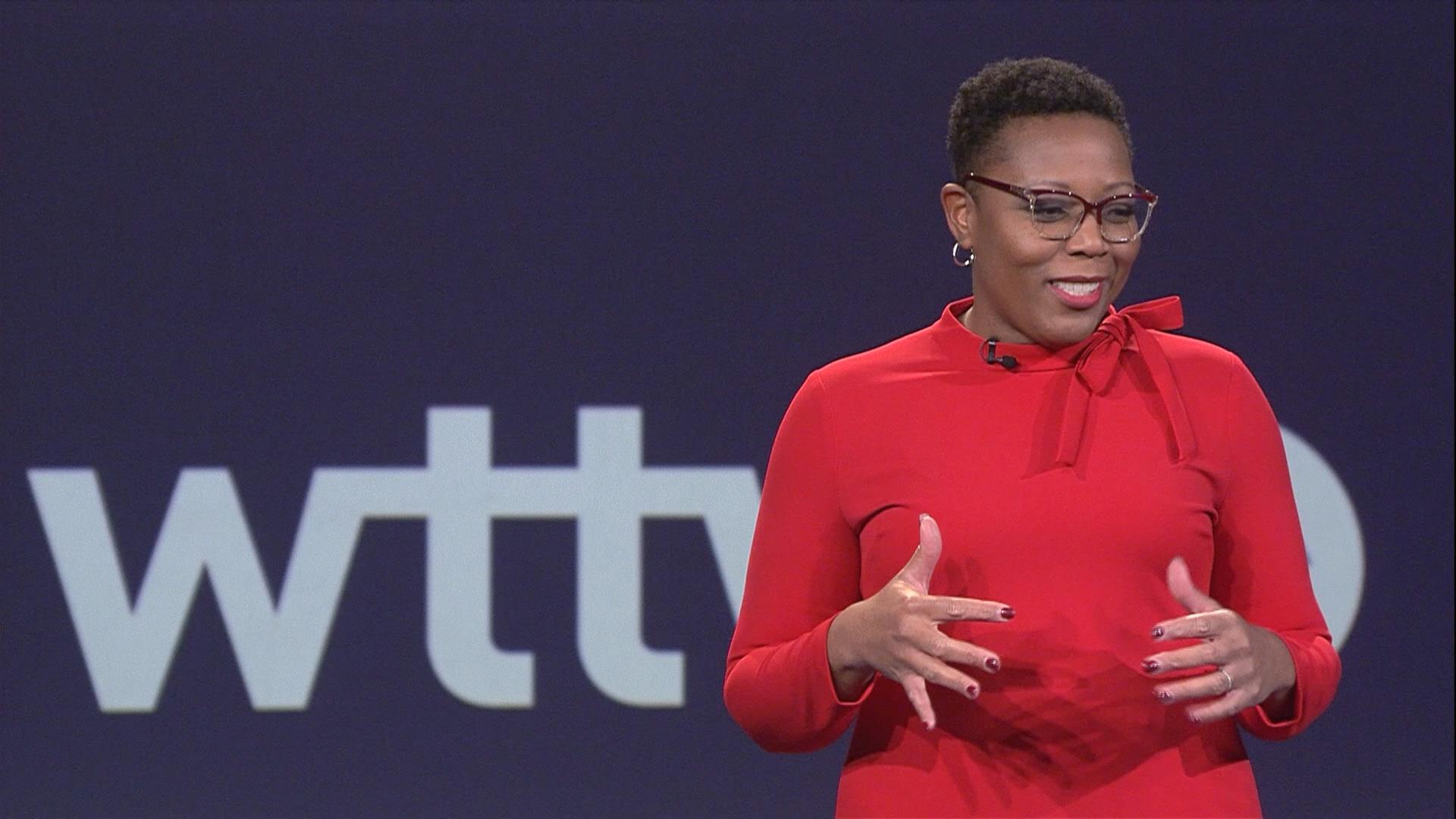
The Humanity We Deserve
Exploring the shift society needs to make to heal and achieve real safety, Dr. Nneka Jones Tapia describes the universal experience of trauma impacting people who have been incarcerated or worked in and around the criminal justice system.
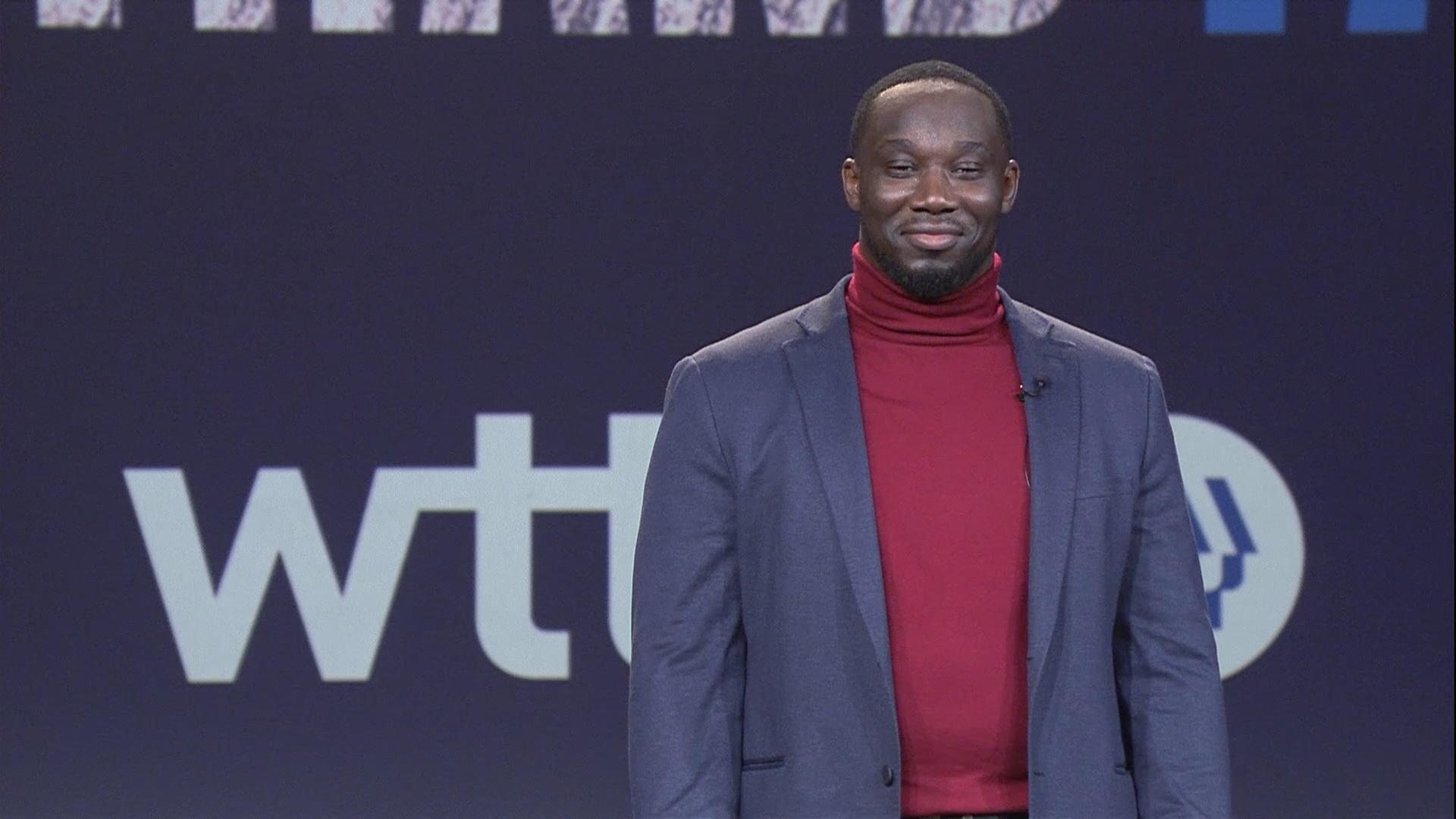
No Place to Call Home
Ahmadou Dramé reveals the contradictions and punishments embedded in housing policies and practices for people returning to society after incarceration.

